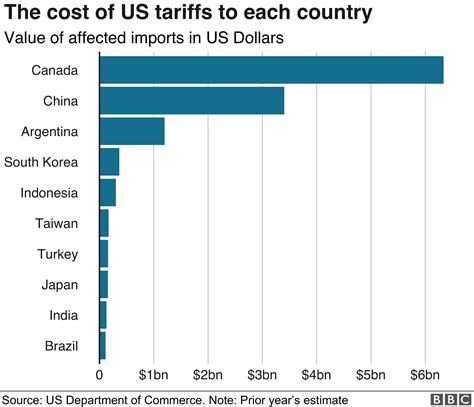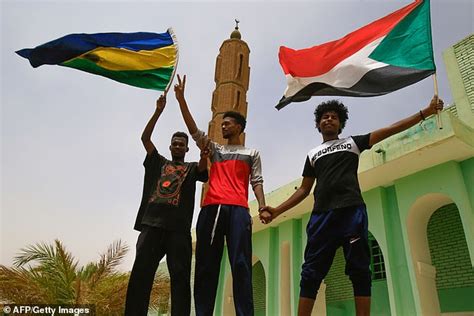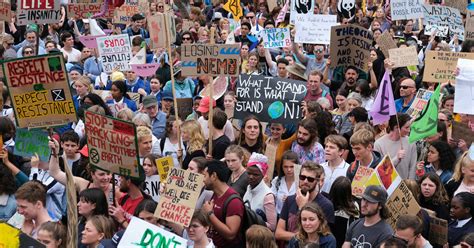In Gaza, a dire situation unfolds as bakeries shut down and essential medications like painkillers become scarce after a month of Israeli blockade. This isn’t just about politics or conflict; it’s about the very fabric of everyday life in one of the world’s most troubled regions.
Gazans Struggle Amidst Longest Blockade Yet
For over a month, all UN-supported bakeries in Gaza have closed their doors due to the lack of flour and fuel. Markets are devoid of fresh produce, hospitals are rationing vital medicines, and the people are feeling the full brunt of these shortages.
During what should have been a festive time for Muslims celebrating Eid al-Fitr, many Gazans faced hunger and despair. The words of Um Ali Hamad, a displaced woman from Beit Lahia, paint a harrowing picture: “We can’t eat or drink. We couldn’t enjoy [Eid]. We’re exhausted.”
A Cry for Help Amidst Scarcity
The blockade stems from Israel’s decision to close all crossings to Gaza following Hamas’ refusal to comply with ceasefire agreements. Palestinian civilians find themselves caught in this tumultuous political crossfire, struggling to access basic necessities like food and medical supplies.
“I only have one grandchild; he was born during the war… we can’t find milk or nappies for him,” laments another Gazan resident, illustrating the heartbreaking reality faced by families in the region.
International Aid Agencies Call for Action
Aid agencies are pleading with world powers to intervene and compel Israel to allow essential goods into Gaza. Food, medications, hygiene products, and fuel are running critically low, pushing both residents and humanitarian organizations to their limits.
Fuel shortages aren’t just affecting transportation but also endangering vital services like hospital generators and water desalination plants. The situation is teetering on the edge of a humanitarian catastrophe unless immediate action is taken.
The Plight of Palestinians Caught in Conflict
As tensions escalate between Israel and Palestine once again with renewed military operations in Gaza since March 18th, aid workers face mounting challenges in providing crucial assistance amidst violence that has led to hundreds of casualties.
Hospitals are overwhelmed as medical supplies dwindle rapidly; broken bones remain untreated while anaesthesia becomes increasingly scarce. Pregnant women face imminent risks without access to necessary medical care—a crisis within an already strained healthcare system.
Voices from Ground Zero
Dr. Mark Perlmutter’s firsthand account sheds light on the grim reality unfolding in Gaza: operating without adequate tools or sanitation measures puts lives at risk unnecessarily. Families mourn loved ones lost amidst escalating violence while grappling with limited resources for survival.
Amidst growing concerns over public health hazards due to closures of infectious disease diagnostic facilities, international organizations like Médecins Sans Frontières (MSF) urge an end to what they describe as collective punishment imposed upon Palestinians.
An Ongoing Struggle for Survival
The plight facing Palestinians trapped amidst conflict echoes far beyond political debates—it speaks volumes about human resilience amid adversity and international obligations towards safeguarding innocent lives caught up in warfare ravaging communities across borders.
As South Africa brings allegations before the UN regarding genocide claims against Israel over its actions in Gaza—setting legal precedents—the need for urgent intervention grows more pressing than ever before.









Leave feedback about this